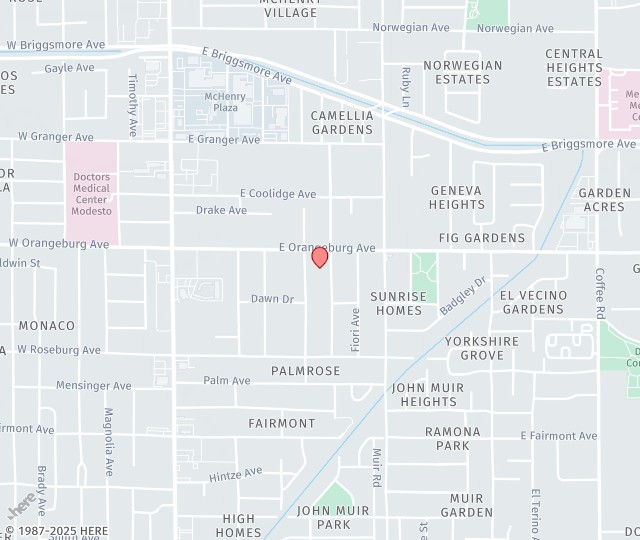
People with diabetes can do many things to protect their vision, including getting regular eye exams, controlling their blood sugar, and taking steps to prevent or delay the onset of diabetic eye disease.
If you have diabetes, now is the time to take action to protect your vision. Read on for 3 tips for protecting your vision during Diabetic Eye Disease Month!
Stop Smoking
Quitting smoking is one of the most important things you can do if you smoke things you can do for your health. Smoking increases your risk for eye problems, including cataracts, macular degeneration, and diabetic retinopathy.
If you smoke and have diabetes, you’re at especially high risk for diabetic retinopathy. Smoking is the leading cause of vision loss from this disease.
There are many resources available to help you quit smoking. You can also receive medication to aid in the process from your doctor.
Wear A Hat and Sunglasses Outside
Sunglasses help protect your eyes from harmful ultraviolet (UV) rays. UV rays can damage your cornea, lens, and retina. They can also contribute to the development of cataracts and macular degeneration.
When you’re outdoors, be sure to wear sunglasses that block both UV-A and UV-B rays. And if you’ll be outdoors for an extended time, wear a wide-brimmed hat to help shade your eyes.
Don’t Touch or Rub Your Eyes
If you have diabetes, it’s important to take care of your skin, including your hands and eyes. That’s because diabetes can cause changes in your skin that make you more likely to develop infections.
To help prevent infection, avoid touching or rubbing your eyes. And if you wear contact lenses, clean them regularly and replace them as often as prescribed.
Keep Your Eyes Safe
Getting a yearly eye exam is essential if you have diabetes. Dilation allows us to detect diabetic retinopathy early. You can schedule an appointment by calling 209-952-3700. See you soon!



